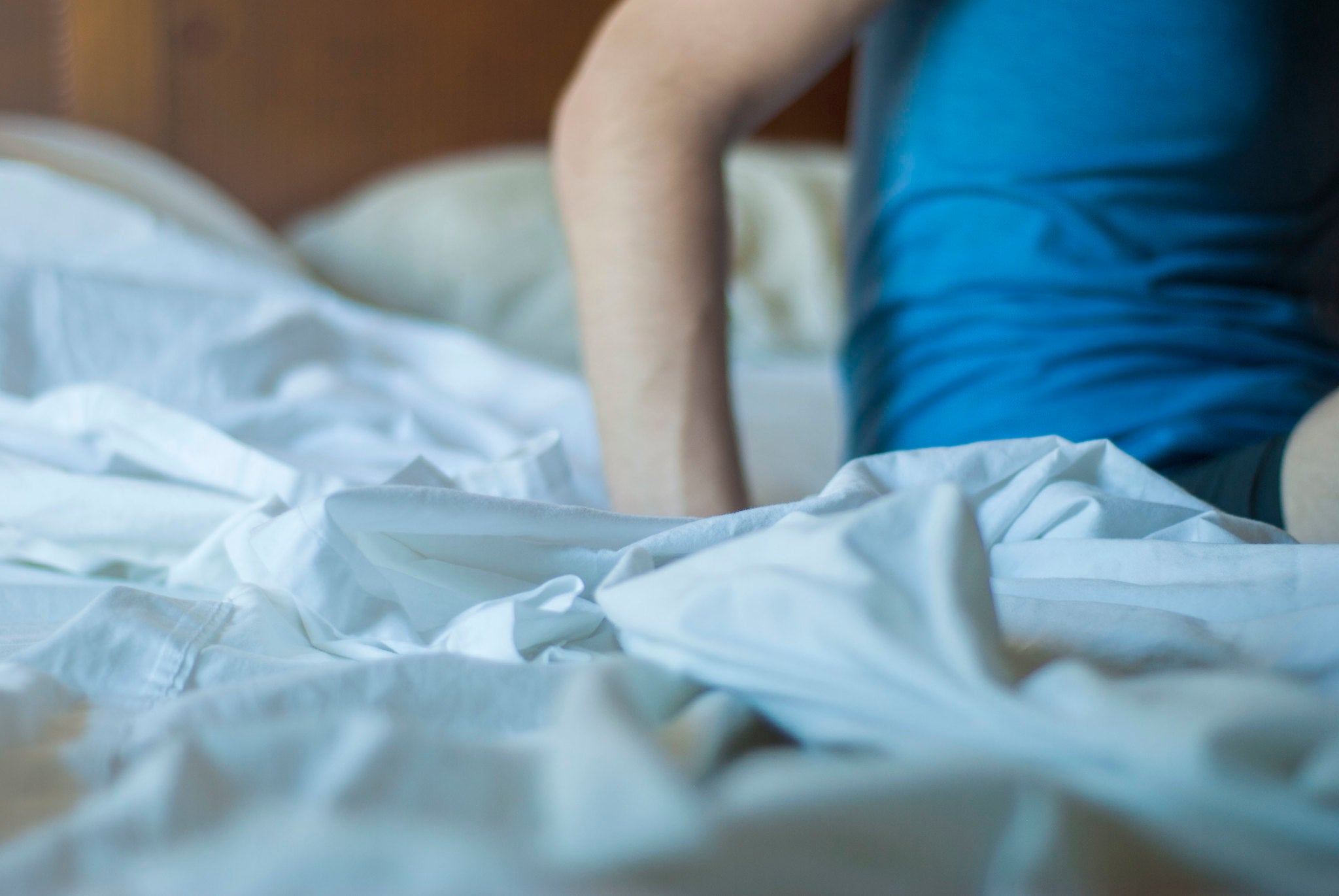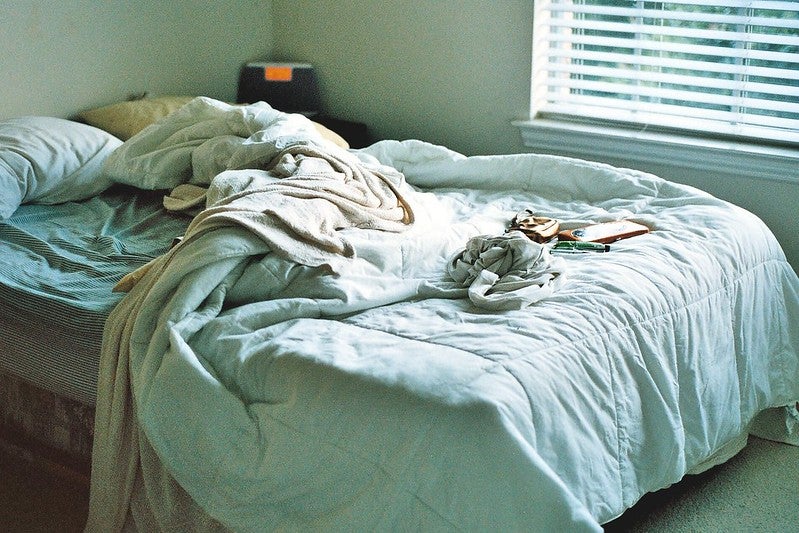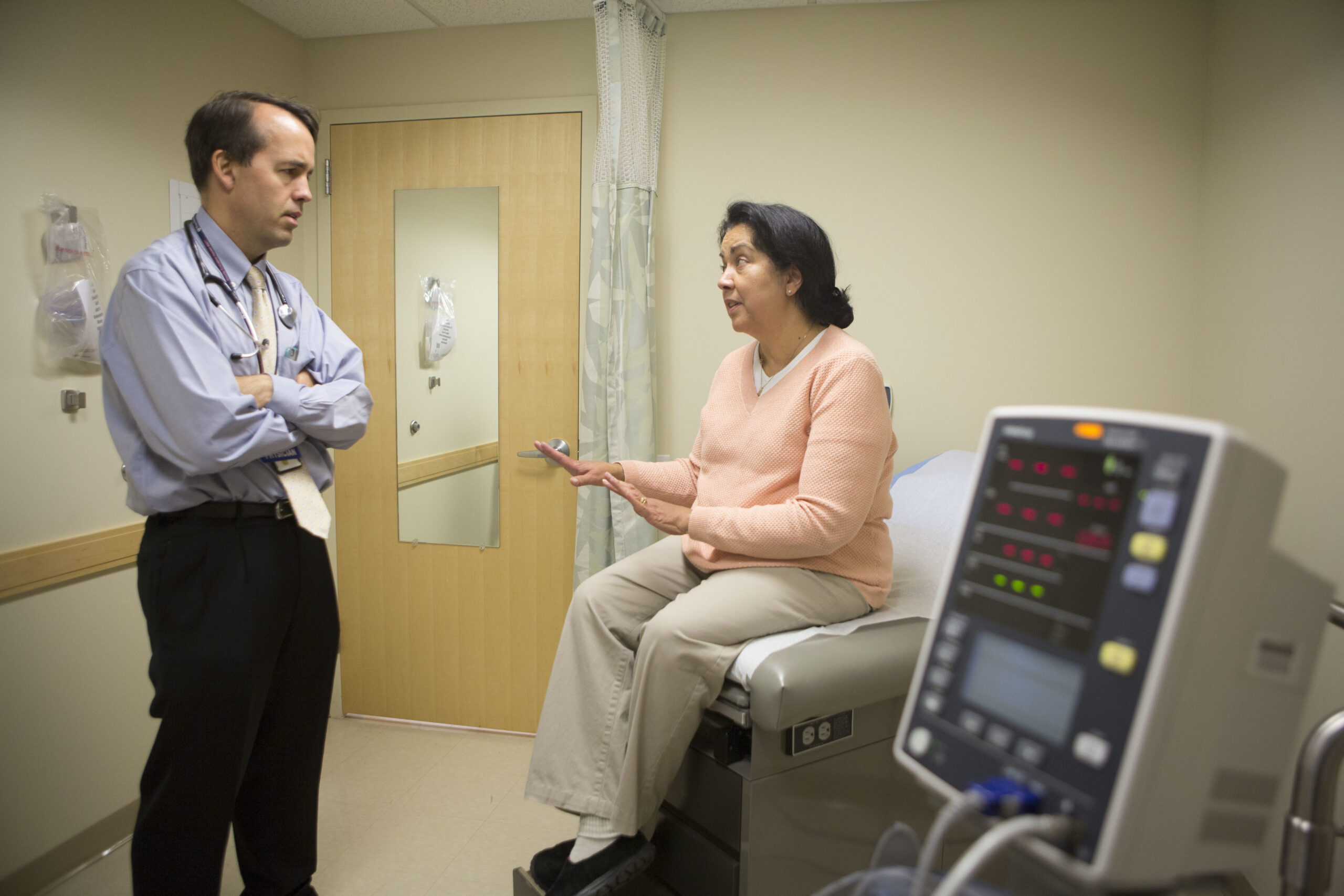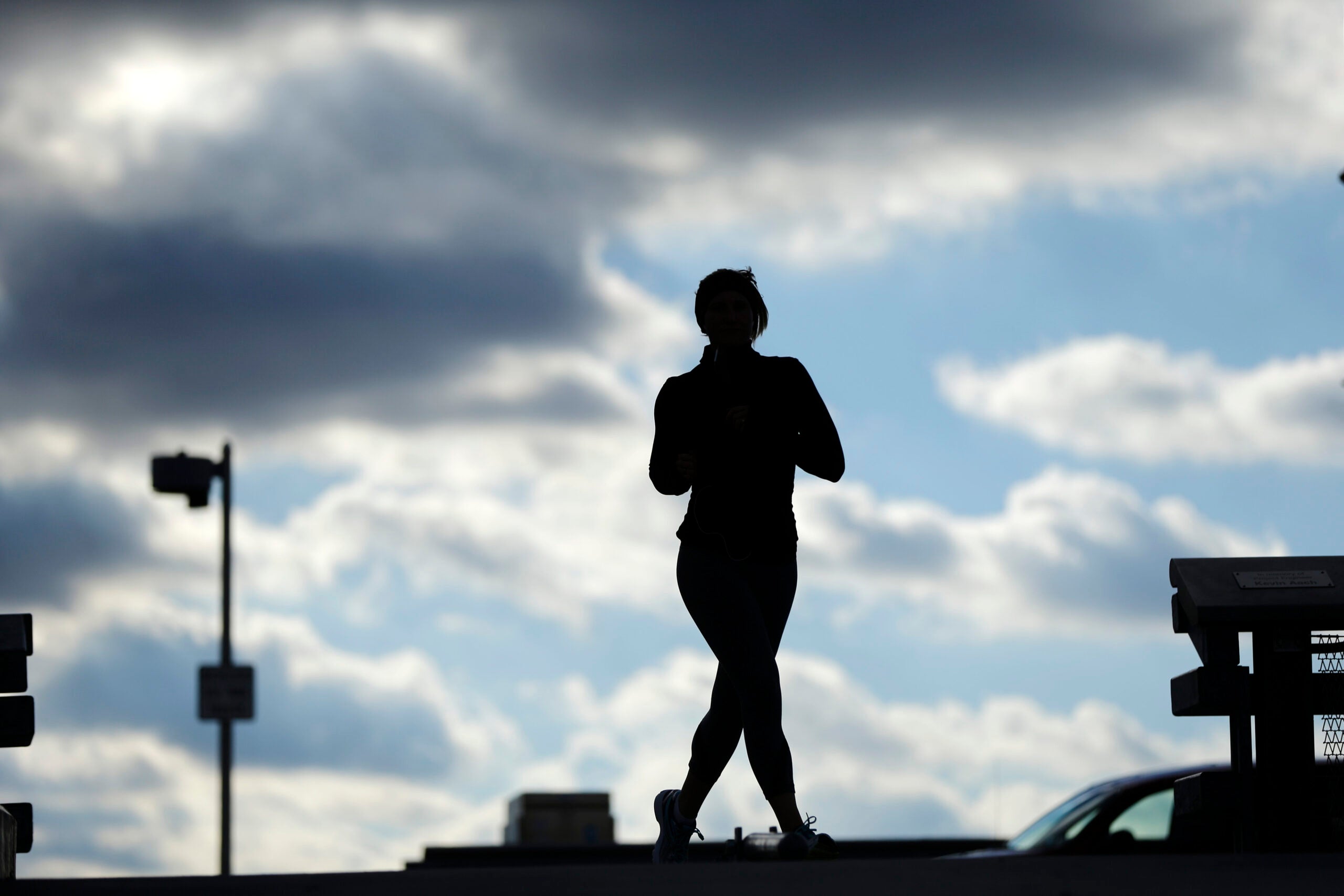Sleep, memory trouble, anxiety, stress. Those are common complaints I get from my patients all the time.
Why can’t I remember things as well as I used to? I’m stressed and anxious about so many things — family, job, COVID-19, bills. And I just don’t feel as good as I think I should. What’s wrong with me, doc?
Well, there is never one answer that fits all. There’s not a blood test you can take to sort things out. But there is more and more research showing that sleep — a good night’s sleep — is even more important than ever.
Stay informed on the latest news
Sign up for WPR’s email newsletter.
You would think getting that good shut-eye, those all-important ZZZs, would be easy, but it’s not. Just look at all the commercials for over-the-counter sleeping aids. Combine them with the mattress commercials, and you’ll understand our preoccupation with sleep.
A recent study out of the University of Michigan suggests the neural connections you make when you slip into sleep are a critically important piece that sets the pace for a good night’s rest. The last things that go through your mind may help determine what you dream about.
We don’t understand exactly what dreams do, but we do know dreaming and REM sleep are critical.
So suggestion No. 1 is to set the sleep mood. What does that mean? Don’t check your email just before you lie down. In fact, the so-called blue light from a computer screen might be exactly the wrong thing to stare at before you shut your eyes.
From what I can tell from reading about sleep, the best thing you can do is to read, from a book or a paper-white Kindle. That TV or computer screen you might interact with can be a cause of insomnia.
A study in the British Medical Journal from a few years ago showed that children who read before going to sleep slept more soundly and did better in school than those who watched TV or computers screens.
Suggestion No. 2 for better sleep: If you can’t sleep, check your medications. Some antidepressants, such as bupropion, can energize you and keep you awake — especially if you take it later in the day.
How do you know which drugs might do that? That’s where your local pharmacist can give you a clue. They’re a great, and often underutilized, resource.
And while you’re asking, make sure you don’t have any drugs that might make you dizzy when you wake up. Too many people fall in the bathroom late at night from drug side effects.
Suggestion No. 3 also involves meds. If you’re not getting a good night’s sleep, do talk to your doctor about a safe medication that might work.
Now, I’m not talking about Ambien or one of the benzodiazepines, which work in the short run but are habit-forming and can be addictive. I mean other medications, including very-low-dose antidepressants such as trazodone or doxepin. These can do the trick.
The drug gabapentin also might work. Often used for chronic neurological pain, it is not habit-forming and can change the brain’s so-called “sleep architecture.” It does the job for many of my insomniacs.
A final suggestion is to head to the internet and read The Mayo Clinic’s “Six Steps to Better Sleep.“ There you’ll find great suggestions. The site also has a one-minute video that drives the info home. Good stuff.
My spin: We need to make better sleep front and center for our overall health. If you’re not getting the shut-eye you think you need, then take action.
We spend lots of time thinking about what we eat and how much we exercise, but we pay scant attention to the thing we do for a third of our lives. Better sleep equals a better life. Stay well.
Wisconsin Public Radio, © Copyright 2025, Board of Regents of the University of Wisconsin System and Wisconsin Educational Communications Board.






